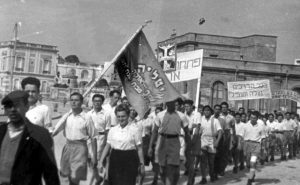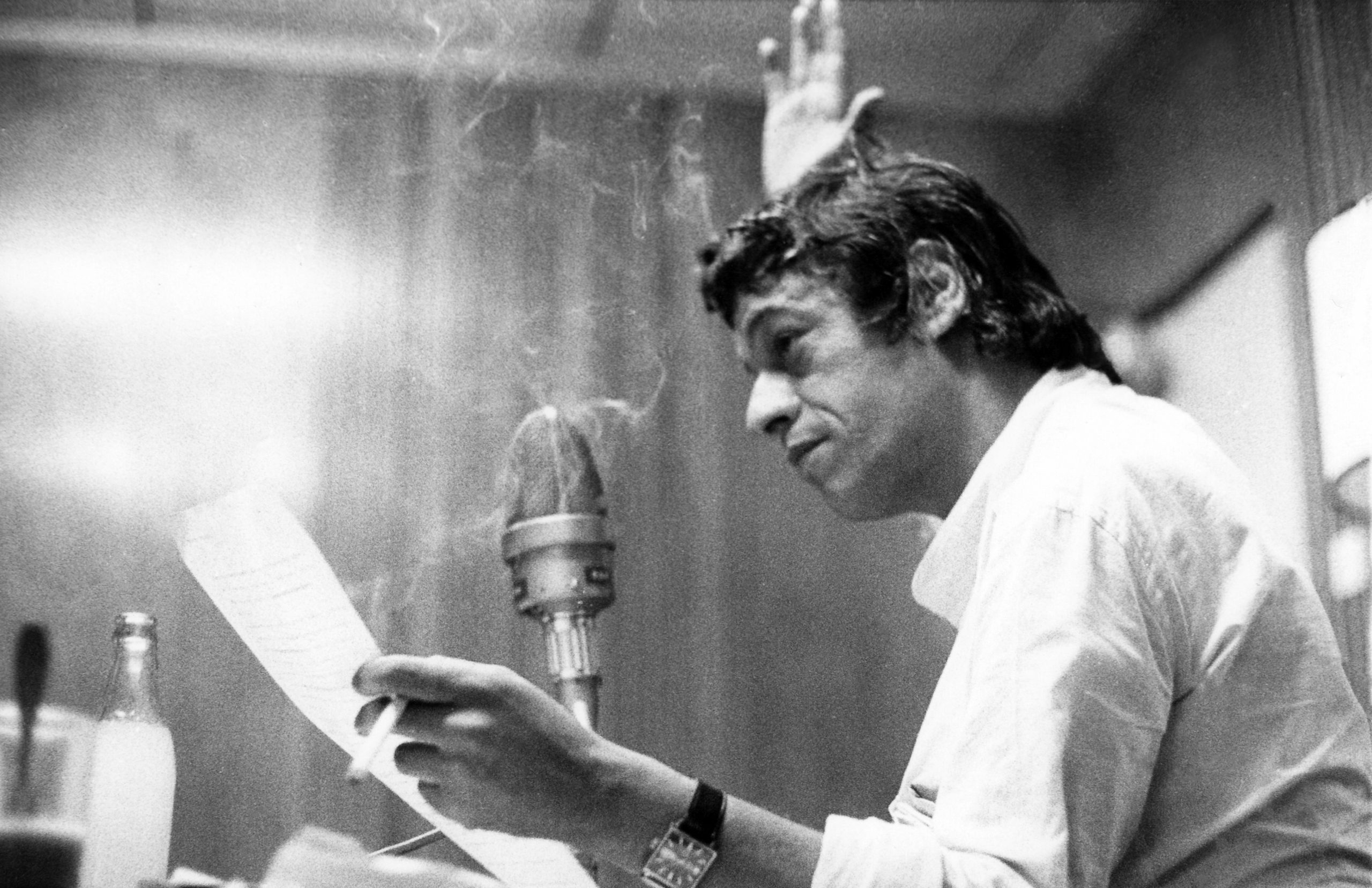Many Faces – Documentary Cinema on Jewish and Israeli Identity – held in Mishkan Raanana
A series of four meetings to be held at the Mishkan in Raanana with film screening (subtitles in English) and meeting with the filmmakers (in English).
Address: 2 HaPalmach Street, Raanana
Additionally, there will be a special visit to ANU – Museum of the Jewish people.
Editor: Rivka Aderet
Program:
26.11.25 at 18:00
Spotting Yossi
Thirteen years after his death, the great Yossi Banai comes to life for one final encore. A cinematic memoir pieced together from numerous archival materials – films, plays, radio shows, songs and stage performances – this personal documentary is led by Banai’s deep iconic voice. An actor, singer, writer and director, Banai represented the pure essence and contradictions of Israeli culture: an atheist from a religious family, a native that insisted on importing European motives and a consensual Israeli figure that wasn’t afraid to take a political stand. From childhood to death, through love, family and life on the stage, Yossi Banai directs the spotlight on his own image.
Directors: Kobi Farag, Morris Ben Mayor
24.12.25 at 18:00
Covered up
Rachel, a graduate of Beit Ya’akov, entered an ‘arranged’ marriage, wishing only to be ‘a kosher woman doing the will of her husband’. Finding herself in a marriage that did not succeed, she divorced, after which she asked permission to remove her wig– an unusual move in Ultra-Orthodox society. The opposition of her parents, Halakha, and society left her feeling conflicted, and set her out on a personal and social quest: to understand the issues of coverage and disclosure, repressed femininity, beauty and modesty, marriage and divorce, marriage at a young age, extremely large families, livelihood or career.
Director: Rachel Elitzur
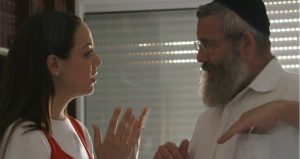
28.1.26 at 18:00
Bad Nazi. Good Nazi
“Bad Nazi. Good Nazi” is the extraordinary story of German officer Wilm Hosenfeld, immortalized in Roman Polanski’s film as the Nazi who saved The Pianist’s life. Hosenfeld’s personal diaries record his chilling, gradual disillusionment with the Nazi war machine he belonged to and that Szpilman, incredibly, is just one of sixty people he saved. Thalau’s group of supporters are inspired to have Hosenfeld memorialized at the local school he led before enlisting in Hitler’s army, but the villagers struggle to come to terms with the complicated legacy of a man they want to forget; a Nazi officer and a serial rescuer.
Director: Chanoch Ze’evi
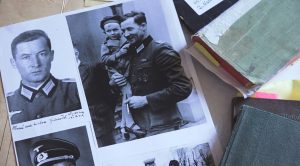
25.2.26 at 18:00
ADA – My Mother the Architect
Ada Karmi Melamede is one of the most prolific architects of her generation in Israel and abroad. Through the lens of her daughter’s film camera lens, an extraordinary protagonist is revealed whose life story is intertwined with the story of the turbulent and complicated country she loves. Ada offers an unusually evocative perspective on ideas such as “place,” “home,” and “state” as someone working toward improving the public sphere while that sphere deteriorates and becomes increasingly fraught. As so many are shaken by the fragility of the democracy we call home, Ada gives us ways to think about what we seek in our personal and public lives, and the spaces and places in between.
Director: Yael Melamede Editor: Sharon Yaish
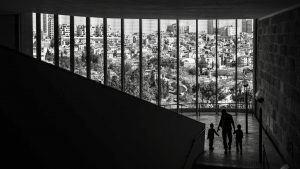
20.3.26 at 13:00
13:00-10:00 ANU – Museum of the Jewish People
*Tour of the museum in English
Shores of Light, 2015, Salento 1945-7
This is the poignant untold story of warmth and compassion after a terrible war. Thousands of Jewish survivors arrived in Southern Italy after WWII, on their way to the land of Israel. To their surprise they were welcomed by the poor local Italians. At this time of psychological and physical healing, hundreds of children were born. The film follows the story of three Israeli women who were born then, in Santa-Maria-di-Leuca (1946). They decide to discover the footprints left by their parents. The film weaves rare historical footage with unique current testimonials capturing a ray of light after great darkness.
Director: Yael Katzir
